Review of If....
Introduction
British boarding school have provided a fertile ground for material for films from the 1930s onwards, giving rise to such films as `Goodbye, Mr. Chips`, `The Happiest Days of Your Life`, `The Belles of St. Trinians`, the Harry Potter films and `If....`.
`If....` is the first part in a loose trilogy by Lindsay Anderson, which is based around the character of Mick Travis (Malcolm McDowell). It was followed by `O! Lucky Man` in 1973 and `Britannia Hospital` ten years later. Influenced by Jean Vigo`s 1933 short `Zéro de Conduite` about a revolution in a boarding school, Humphrey Jennings and the films of Spanish surrealist Luis Buñel, David Sherwin`s story of a sixth former at a public school whose refusal to fit in results in violence and revolution has become a cult film since it was released.
Drawing on his own experiences of boarding school, David Sherwin`s script is apparently a completely accurate depiction of such an education, although the Prefects are called `Whips` and, to avoid confusion in America, `Fags` are called `Scum`. Anderson was also educated in a boarding school and filmed some of `If....` in Cheltenham College, his Alma mater.
1968 was a turbulent year with the assassinations of Martin Luther King and Robert Kennedy and the student inspired uprising in Paris together with the Vietnam War protests, so `If....` tapped into the anti-establishment feelings by exposing life in a Public school.
The tagline: "Which side will you be on?", refers not to the film itself, but was part of the marketing - Lindsay Anderson designed posters with positive reviews on one side, negative reviews on the other and put that question at the top.
The plot is outlined well enough on the disc page, so I won`t attempt to muddy the waters here.
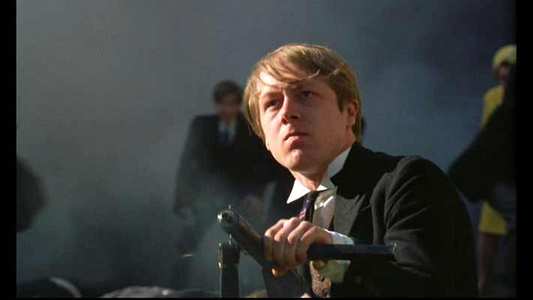
Video
Presented in anamorphic 1.78:1, the film looks terrific despite some surface grain, and both colour and monochrome sequences, which add to the surreal nature of the film, are sharp and clear.
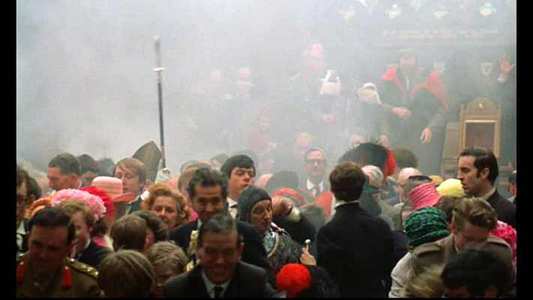
Audio
The DD 2.0 mono soundtrack is also very clear, with a slight amount of hiss, but nothing to complain too vociferously about. The repeated use of the banal school song and Sanctus from the Missa Luba add to the atmosphere.
English and English HoH subtitles are available which are clear and easy to read.
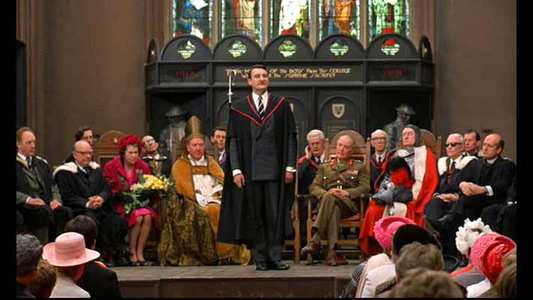
Features
The commentary with film historian and critic David Robinson and Malcolm McDowell is a fascinating listen, with Robinson giving his critic`s point of view, putting a historical perspective on the film and imparting knowledge he has as a friend of Lindsay Anderson. McDowell talks about how he became involved in the film, filming, working with Lindsay Anderson and the advantages that a Sten gun has over a Bren gun! He reveals that it was Anderson who told him how to play Alex in `A Clockwork Orange`, not Kubrick himself.
The commentary is also subtitled although I don`t know why it doesn`t identify who is speaking as those that would benefit most will be the hard of hearing.
Lindsay Anderson`s Oscar-winning short `Thursday`s Children` is a strange inclusion, but given his background in documentary filmmaking, it is interesting to see where he started. The documentary is a 22 minute film about deaf children learning to speak at a specialised residential school, narrated by Richard Burton and is an interesting piece and a fascinating slice of 1950`s documentary filming.
The `Cast & Crew` programme, made for the Open University and BBC4 in 2003, presented by Kirsty Wark, brings together writer David Sherwin, producer Michael Medwin, assistant director Stephen Frears, cinematographer Miroslav Ondrícek, assistant editor Ian Rakoff and film of Malcom McDowell from Los Angeles to talk about `If....` and is a fine retrospective of interest to any fan of the film.
In the interview with actor Graham Cowden, who played the history master, he talks about working with Lindsay Anderson, making `If....` and the other films in the loose trilogy and how his own experiences at Public school helped him get into character.
Both the interview and `Cast & Crew` are subtitled, which is a rarity for extra features and a welcome surprise.
Not included with this review disc were the five postcards that will apparently come with every DVD.
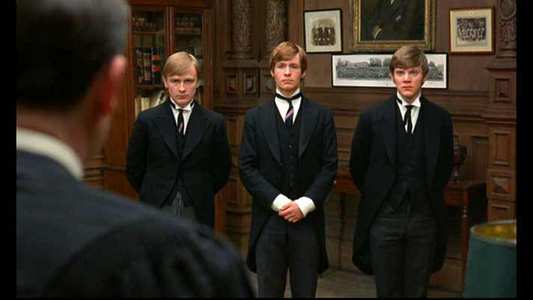
Conclusion
The winner of the Palme D`or at the 1969 Cannes Film Festival, `If....` is a remarkable film, surreal and explosive and one that shows Lindsay Anderson`s love/hate relationship with Britain. Malcolm McDowell gives a performance equal to that of his in `A Clockwork Orange` and it was this that led to Kubrick casting him as Alex. The rest of the gang, David Wood (Johnny) and Richard Warwick (Wallace), are impressive, as are Arthur Lowe, Graham Crowden, Geoffrey Chater and Mona Washbourne in smaller but important roles, but it`s McDowell who stands out.
Nearly forty years after it was made, `If....` is still vibrant and exciting and a `must-see` film, as one of the finest contemporary British films, remaining the benchmark for post-war films set in a boarding school. With `This Sporting Life` coming soon to DVD, hopefully the other two instalments in the `Mick Travers` trilogy will also soon be released.
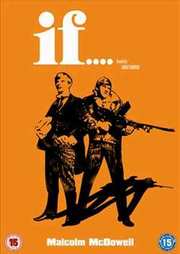





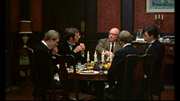
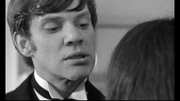
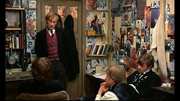
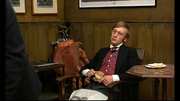

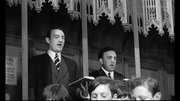

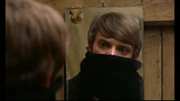
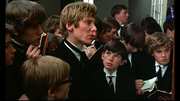
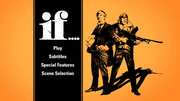
































Your Opinions and Comments
Be the first to post a comment!